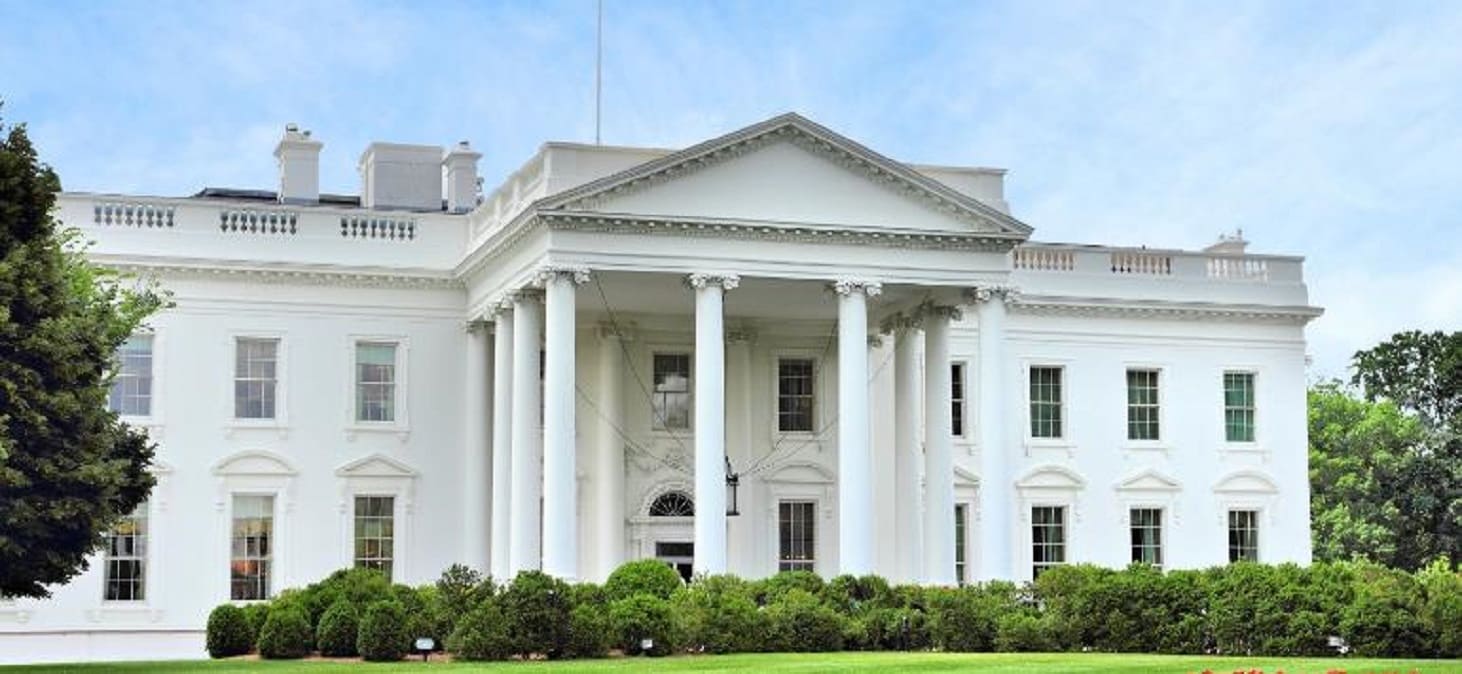
Source: UBS
The title of my last week's Thought of the Week was: "It's the economy, stupid." Once again, this truism has been confirmed, and Donald Trump and the Republicans achieved a victory of unexpected magnitude. It wasn't the overall economic development that was decisive—that looks excellent. No, it was the question Trump repeatedly asked at the beginning of each of his campaign events: "Are you better off today than you were four years ago?" After the cost of living had risen by a quarter or more, many households, especially from lower-income groups, likely answered this with a clear no. The response to the incumbent government was immediate and clear.
Now, many questions arise here as well. What do four more years of a Trump administration mean for the economy, companies, and investors in Switzerland? In a recently published report , my colleagues delve into this question. They note that the Swiss economy is currently growing quite steadily but faces weak foreign demand. Switzerland's most important trading partner, the European economic area, is expected to return to slightly higher growth next year, driven by rising real wages, supporting Swiss exports. Thus, the Swiss economy could achieve trend growth of about 1.5 percent.
The US economy, still the most important export market after Germany when considering individual countries, remains extremely solid. The expected policies of the Trump administration, with lower taxes, less regulation, and higher tariffs, are seen as slightly positive for US growth. However, higher tariffs could negatively impact Swiss exports. This will also depend on how high and against which countries and product groups they are introduced.
We expect the Swiss National Bank (SNB) to further lower interest rates due to low inflation and concerns about economic dynamics in the Eurozone. The SNB's policy is set to remain expansionary. We anticipate two more rate cuts this cycle—one in December and the other in March 2025. Whether further rate cuts will be necessary depends on exchange rate developments. The USDCHF is mainly influenced by interest rate differentials. More significant rate cuts by the Federal Reserve compared to the SNB could reduce the attractiveness of the US dollar and push the exchange rate down to around 0.80 next year. The SNB is likely to allow a gradual depreciation of the USDCHF in this direction. However, it could react more sensitively to a significant depreciation of the EURCHF exchange rate below 0.90. In this case, the SNB could further lower the key interest rate to zero to prevent the franc from appreciating further.
Elsewhere, we anticipate the Swiss Market Index to achieve earnings growth of 7.5% in 2024 and 2025, supported by organic revenue growth, margin improvements, and cost-cutting measures. The financial sector is expected to drive earnings growth this year, with a broader base across various other sectors next year. If the Trump administration imposes high tariffs and further trade restrictions, it could negatively impact the global economy, particularly export-oriented cyclical companies and stocks with a high export share to the US and a high value-added share in Switzerland or outside the US. On the other hand, we continue to expect tailwinds for the US stock market thanks to solid economic and earnings growth, falling interest rates, and expected tax relief for companies.
Please read the legal disclaimer applicable to this publication.


